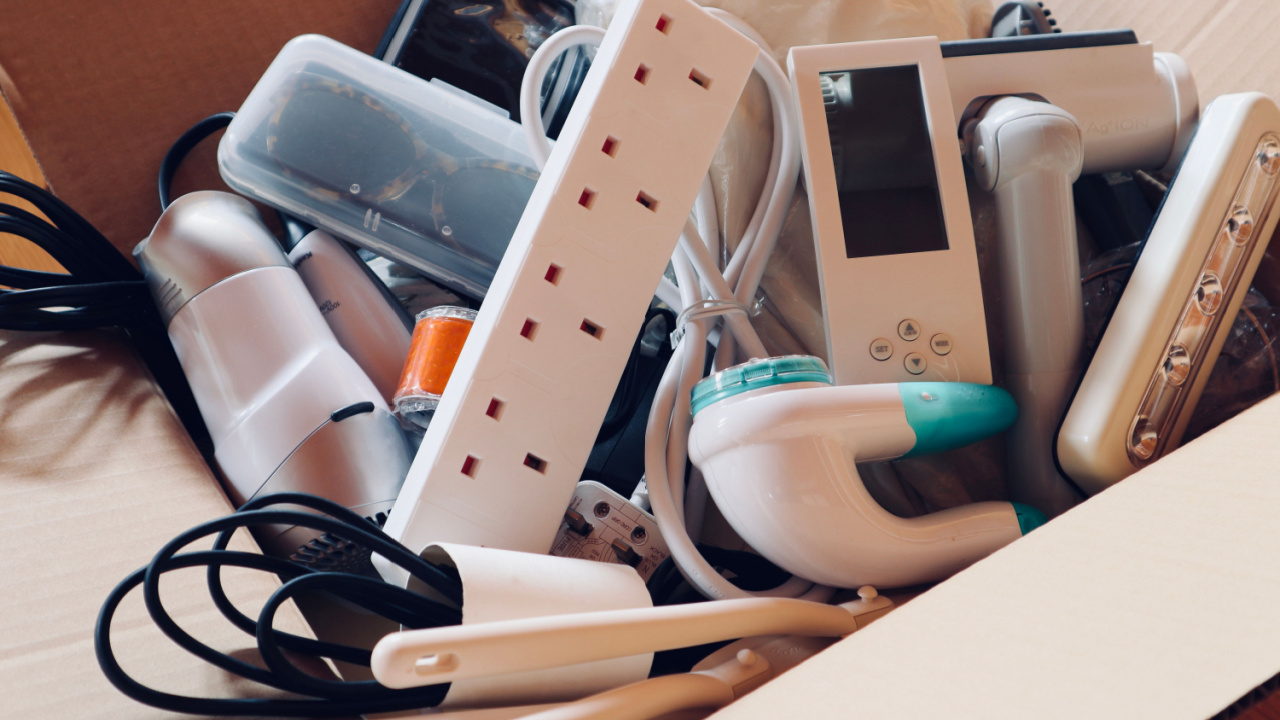We don’t all have a substantial savings cushion for times of financial stress. Sometimes, we face genuine financial hardship, however hard we work. But there are things you can do to help you overcome your mounting bills and financial burdens.
1. Seek Financial Assistance Proactively

If you’re in a tight spot, actively seek financial aid. Beyond personal networks, look into online resources for local aid, grants, or assistance programs. You’d be surprised at the support available, often just a few clicks away. This proactive approach can offer immediate relief and set the stage for longer-term stability.
2. Engage with Your Creditors

It might be tempting to avoid confronting your financial realities, but engagement is key. Reach out to your creditors and explain your situation honestly. Many are willing to work with you, offering flexible payment options or reduced interest rates. Transparent communication can prevent your financial situation from spiraling out of control.
3. Liquidate Unneeded Assets

It’s time to turn your clutter into cash. Sell items you no longer need – everything from old CDs to unused electronics. This strategy provides quick cash to tide you over, though it’s not a long-term solution. Focus on selling items that can give you the best return for your effort.
4. Negotiate a Pay Raise

If you feel undervalued at work, it’s time to negotiate a raise. Highlight your contributions and the value you bring to the table. Even if the answer is no, you’ll gain valuable insight into your career trajectory and potential future earnings.
5. Launch a Side Hustle

Consider starting a side hustle for additional income. Whether it’s a part-time job or a freelance gig, every extra dollar counts. Direct this extra income towards your most pressing financial obligations, ensuring it makes a tangible impact on your financial health.
6. Implement Rigorous Budgeting

If you don’t have a budget, now’s the time to create one. Track your expenses meticulously to understand where your money is going. A well-managed budget is your best tool for navigating financial hardships, helping you identify areas where you can cut back.
7. Reduce Credit Card Dependency

Minimize credit card usage until you’re in a better financial position. If you must use a card, choose one with no annual fees, a solid rewards program, and low interest. The goal is to prevent further debt accumulation while you regain financial stability.
8. Optimize Utility Consumption

Look for ways to reduce your utility bills. Simple changes like wearing extra layers in winter or using fans instead of air conditioning in summer can significantly lower your expenses. Every saved dollar contributes to your financial recovery.
9. Reevaluate Transportation Costs

Your vehicle can be a major expense. Consider trading it in for a more affordable option or using public transportation. Reducing transportation costs can free up funds for other essential expenses.
10. Economize Your Grocery Spending

Grocery bills can quickly add up. Focus on shopping sales, using coupons, and planning meals to lower food costs. Opt for nutritious, cost-effective food choices that support your health without breaking the bank.
11. Utilize Assistance for Essential Expenses

In tough times, covering basic necessities like food and utilities can be challenging. Seek out public assistance programs designed to support individuals in financial distress. These programs can provide critical relief for your most urgent needs.
12. Explore Low-Income Assistance Programs

Numerous programs at local, state, and federal levels offer assistance to low-income individuals struggling with utility bills. While some aid comes in the form of loans, others are grants, providing much-needed support without the burden of repayment.
13. Tap into LIHEAP Benefits

The Low Income Home Energy Assistance Program (LIHEAP) is a vital resource for eligible households. It offers financial assistance for heating and cooling, as well as funds to weatherize homes for energy efficiency. This program can significantly reduce your energy expenses, easing your financial strain.
14. Exploring Additional State Assistance Programs

Beyond federal aid, state-specific programs can be lifesavers in tough times. Many states offer unique assistance to reduce energy costs and improve home efficiency. It’s worth checking out your state’s resources for potentially untapped support.
15. Utilize the Heating Repair & Replacement Program (HRRP)

The HRRP, a federal initiative, helps with essential home heating repairs and replacements. While the program’s name may vary by state, its goal is consistent nationwide: ensuring your home remains warm and energy-efficient.
16. Benefit from the Weatherization Assistance Program

This program is a boon for those struggling to keep energy costs low. It offers practical solutions like insulation, furnace tune-ups, and minor repairs to reduce your energy bills and improve your home’s efficiency.
17. Access Free Air Conditioning Units

For those in hotter climates, free air conditioners and fans can be a game-changer. Programs like LIHEAP and charities such as the Salvation Army offer these essential cooling devices, helping you stay comfortable during scorching summers without breaking the bank.
18. Strategies to Restore Electricity

If you’re facing a power cut-off, there are programs to help you get your electricity back. From grants for paying electric bills to assistance for heating fuel, explore all options to keep your home powered and safe.
19. Embrace Balanced Payment Plans

Utility companies often offer balanced payment plans to help manage your bills. These plans allow you to pay a consistent monthly rate, avoiding the shock of seasonal spikes in heating or cooling costs.
20. Engage Directly with Your Utility Company

Don’t hesitate to contact your utility provider directly. They may offer hardship programs, payment plans, or even waive certain fees for qualifying customers. It’s a conversation worth having to explore all available options.
21. Conduct a Home Energy Audit

Many utility companies offer low-cost or free home energy audits. These evaluations can identify areas where you can reduce energy usage, potentially leading to significant savings and utility contributions for home improvements.
22. Tap Into LIHWAP Benefits

The Low Income Household Water Assistance Program (LIHWAP) and similar initiatives offer support for managing water bills. These programs can provide payment plans, rebates, and audits to help you minimize water usage and costs.
23. Utilize the Dollar Energy Fund

For nearly three decades, the Dollar Energy Fund has provided grants to help pay utilities. Available in multiple states, this fund relies on donations to assist hundreds of thousands of people in managing their utility expenses.
24. Operation Roundup for Comprehensive Assistance

This unique program, offered by various utility companies, provides more than just utility bill assistance. It extends support for rent, medical expenses, and even food, making it a versatile option for those in need.
25. Discounts on Telephone and Internet Services

Programs like Lifeline offer discounts on monthly phone bills, free cellular phones, and savings on high-speed internet connections. These services are sometimes bundled with other utility assistance programs, ensuring you stay connected even during tough financial times.
14 Pieces of Outdated Money Advice That Can Derail Your FIRE Plan

FIRE – Financial Independence, Retire Early. That’s the dream, right? Quit the rat race and live life on our own terms. It’s totally doable. Plenty of people join the FIRE movement and manage to retire pretty quickly. And there’s a LOT of advice out there on how to do it. Sadly, much of the advice is outdated or just plain bad.
12 Money Mistakes That Can Leave You Vulnerable in a Crisis

In times of uncertainty, financial stability is more crucial than ever. While prepping for physical emergencies is vital, don’t overlook financial prepping. Avoiding these common money mistakes can help make sure you’re in a stronger position to weather any storm.
25 Winter Foraging Foods to Save Money on Your Grocery Bill

Preparing for a recession is more important than ever in these uncertain times. I understand the challenges and fears you might face, so I’ve compiled these 25 actionable tips to recession-proof your prepping plans. Each suggestion can help you stay ahead, ensuring that you’re surviving and thriving, even in tough economic times.
Becky is a wildlife enthusiast and pet and livestock care expert with a diploma in canine nutrition. With over a decade of experience in animal welfare, Becky lends her expertise to Simple Family Preparedness through insightful info about pets, livestock, bee keeping, and the practicalities of homesteading.

